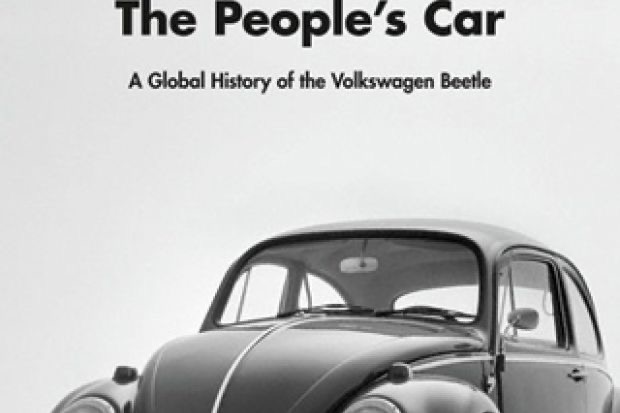
Have you ever wondered why Volkswagen is called the "People's Car" in German? In this article, we will explore the history behind the name Volkswagen and the story of the iconic car that inspired it.
The name Volkswagen, which is often abbreviated as VW, means "People's Car" in German. This name reflects the original purpose behind the creation of the company and its flagship vehicle, the Volkswagen Beetle.
In the early 1930s, Germany was undergoing a period of economic turmoil and many people could not afford to buy a car. As a result, the German government tasked Ferdinand Porsche, a renowned automotive engineer, with designing a car that was affordable and accessible to the general public.
Porsche came up with a design for a small, practical car that was powered by an air-cooled engine and had a streamlined, beetle-shaped body. The car was initially called the KdF-Wagen, which stood for "Strength through Joy Car" in German, and was meant to be sold to members of a government-run organization called the "Strength through Joy" program.
However, with the outbreak of World War II, production of the KdF-Wagen was halted, and the factory was converted to produce military vehicles. After the war, the factory was handed over to the British army, who eventually sold it back to the German government.
In 1945, the company was renamed Volkswagenwerk GmbH, and the KdF-Wagen was rebranded as the Volkswagen Type 1, or simply the Volkswagen Beetle. The Beetle quickly became a popular car in Germany and around the world, and the Volkswagen brand grew to become one of the largest and most recognizable in the automotive industry.
The name Volkswagen, therefore, reflects the company's original mission to create a car that was accessible to everyone, regardless of their social or economic status. Today, the Volkswagen brand continues to embody this spirit of accessibility and innovation, with a wide range of vehicles that are designed to meet the needs of drivers around the world.